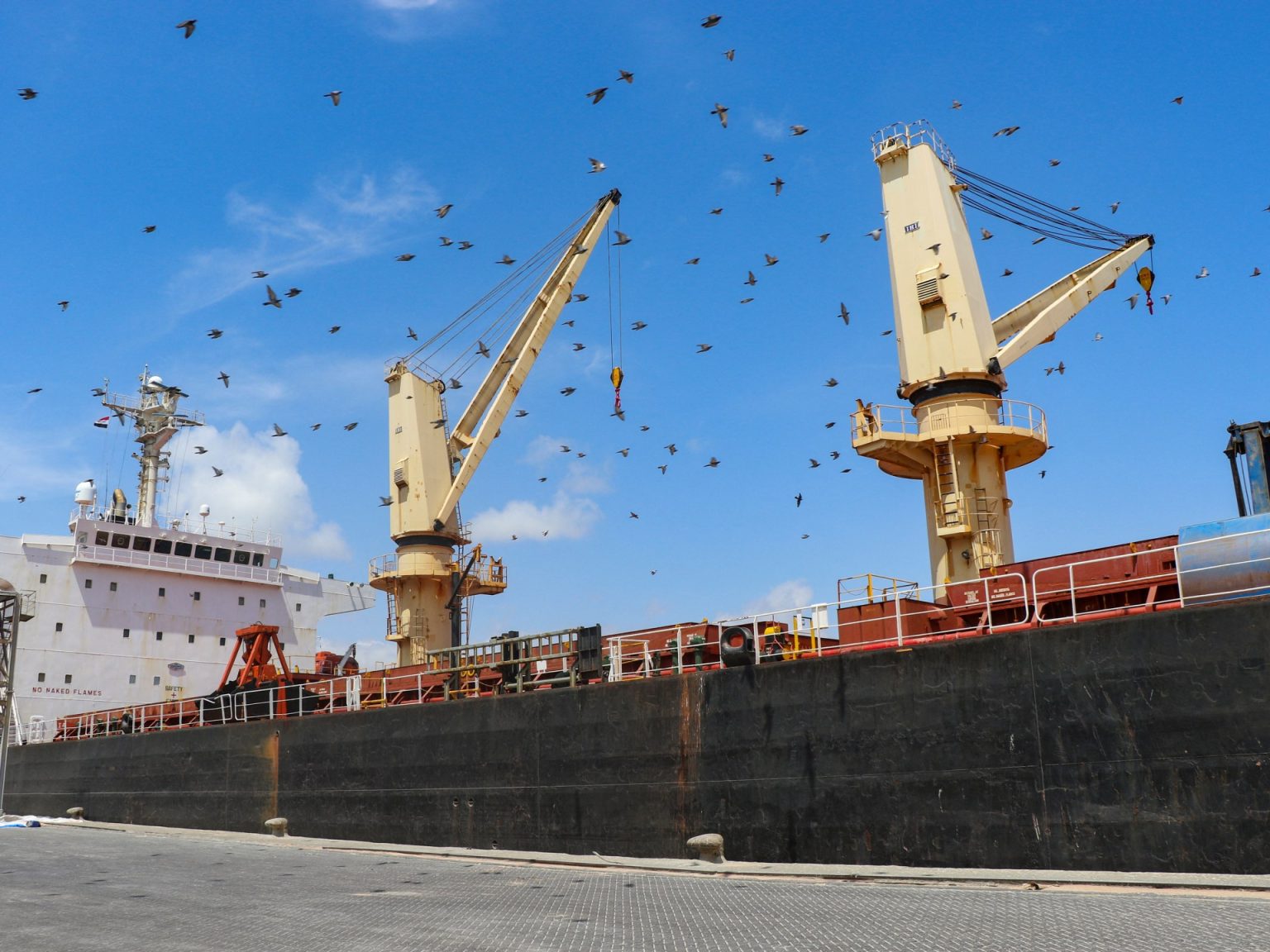The article discusses the recent incidents of piracy and attacks on ships in the Middle East, highlighting the vulnerability of seafarers due to unsafe waterways and the lack of global regulation in the shipping industry. The practice of flags of convenience, where shipping companies register vessels in countries with lax regulations and hire crew from countries with limited job opportunities, is a major issue that compromises the safety and well-being of seafarers on board. This practice allows ship owners to prioritize profits over ensuring proper labor protection standards for their crew.
The history of flags of convenience dates back to the 1920s in the United States and has since been adopted by many shipping companies worldwide for its benefits of minimal regulation, low costs, and the freedom to employ cheap labor. The International Transport Workers’ Federation has been campaigning against flags of convenience since 1948, aiming to protect the rights of seafarers through collective bargaining and advocating for stronger international and national regulations to hold ship owners and flag states accountable for the welfare of crew members.
Despite efforts by organizations like the ITF to ensure decent pay, working conditions, and living conditions for seafarers, abusive practices persist within the shipping industry. Seafarers continue to face challenges such as wage theft, underpayment, and delays in receiving salaries, with some reporting being unpaid for months or even years. The ITF works to recover unpaid wages through routine inspections and collaboration with port state control and dockers’ unions to ensure seafarers are fairly compensated.
The issue of flags of convenience also exposes seafarers to dangerous situations, such as sailing through unsafe areas like the Red Sea, without the power to push back. Companies operating under flags of convenience continue to put seafarers at risk by disregarding safety concerns and prioritizing profits. The need for more transparency in the shipping industry, along with a genuine link between ship owners and flag states as stipulated by international law, is crucial to ensure accountability and protect seafarers’ rights.
The article concludes by emphasizing the importance of addressing the jurisdictional vacuum that exists in the shipping industry and closing the gap that allows flags of convenience to operate on lower standards than traditional national registers. Only through transparency, clarity on genuine links between ship owners and flag states, and stricter regulations from international bodies like the United Nations, the International Maritime Organization, and the International Labour Organization can the rights of seafarers be protected and abuses be prevented in the future.


